Emphasize the importance of feedback literacy in assessment from "summary" of Hacking Assessment by Starr Sackstein
Feedback literacy is a critical skill that students must develop in order to fully benefit from the assessment process. It goes beyond simply receiving feedback and involves the ability to understand, interpret, and act upon feedback in a meaningful way. Without feedback literacy, students may struggle to make sense of the feedback they receive and may not know how to use it to improve their learning. In order to emphasize the importance of feedback literacy in assessment, educators must provide students with opportunities to practice giving and receiving feedback. By engaging in feedback conversations with their peers, students can learn how to articulate their thoughts and provide constructive feedback in a respectful manner. This not only helps students develop their own feedback literacy skills, but also fosters a culture of collaboration and mutual support in the classroom. Furthermore, educators should model effective feedback practices by providing timely, specific, and actionable feedback to students. By demonstrating how to give feedback that is both informative and encouraging, educators can show students the value of feedback as a tool for growth and improvement. When students see the impact that feedback can have on their learning, they are more likely to take an active role in seeking out feedback and using it to enhance their performance.- Educators can help students develop the skills they need to become reflective, self-directed learners who are able to take ownership of their learning and continuously improve their performance. Ultimately, feedback literacy is the key to unlocking the full potential of assessment as a tool for learning and growth.


